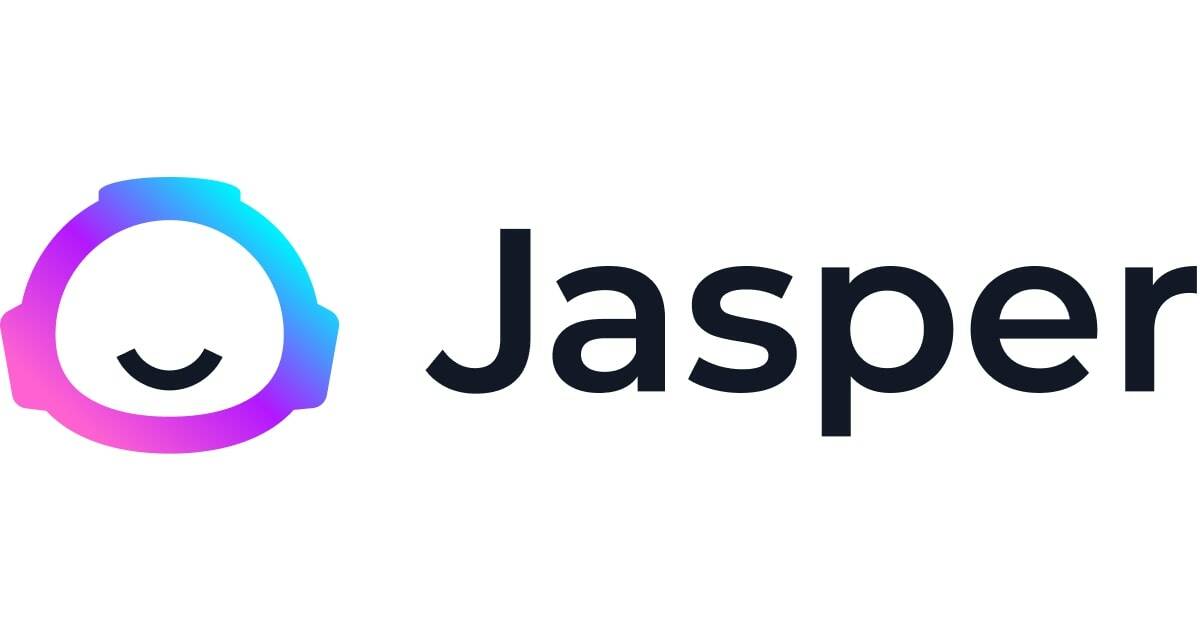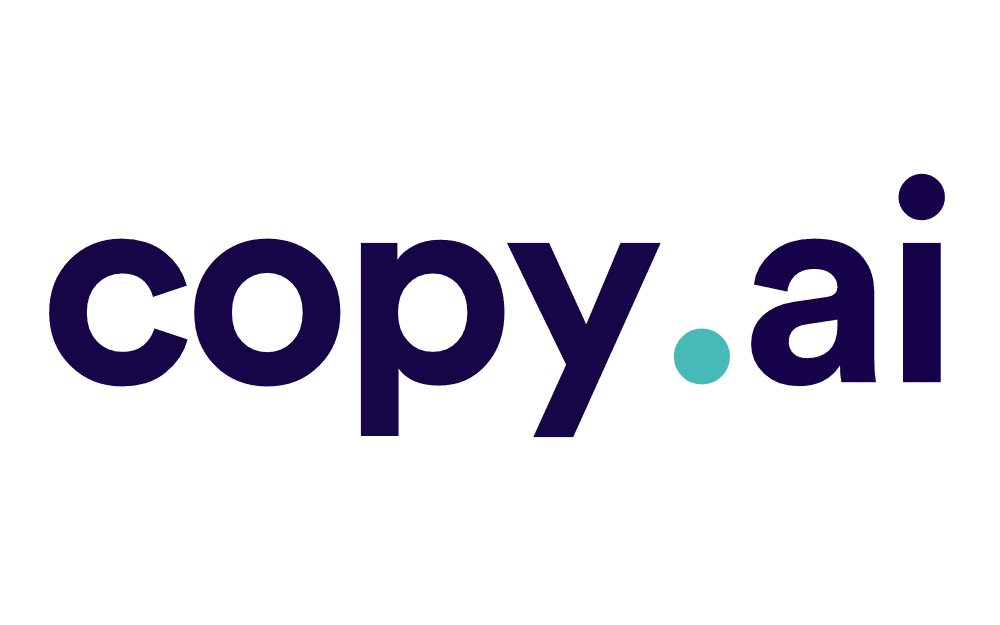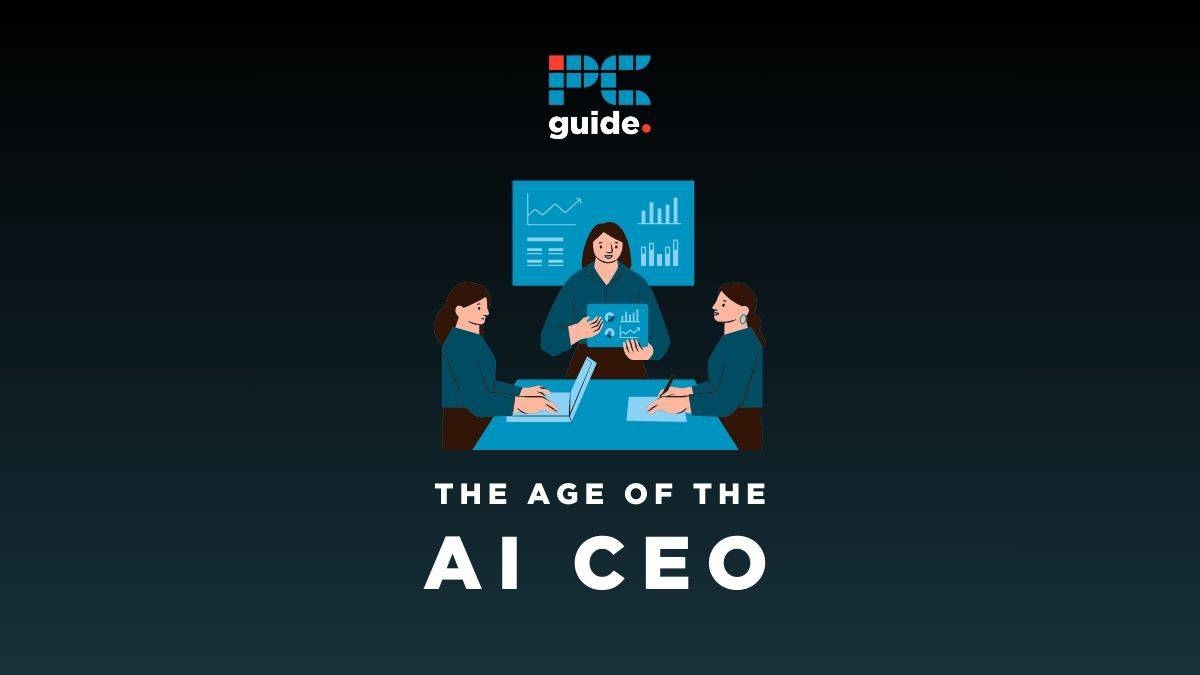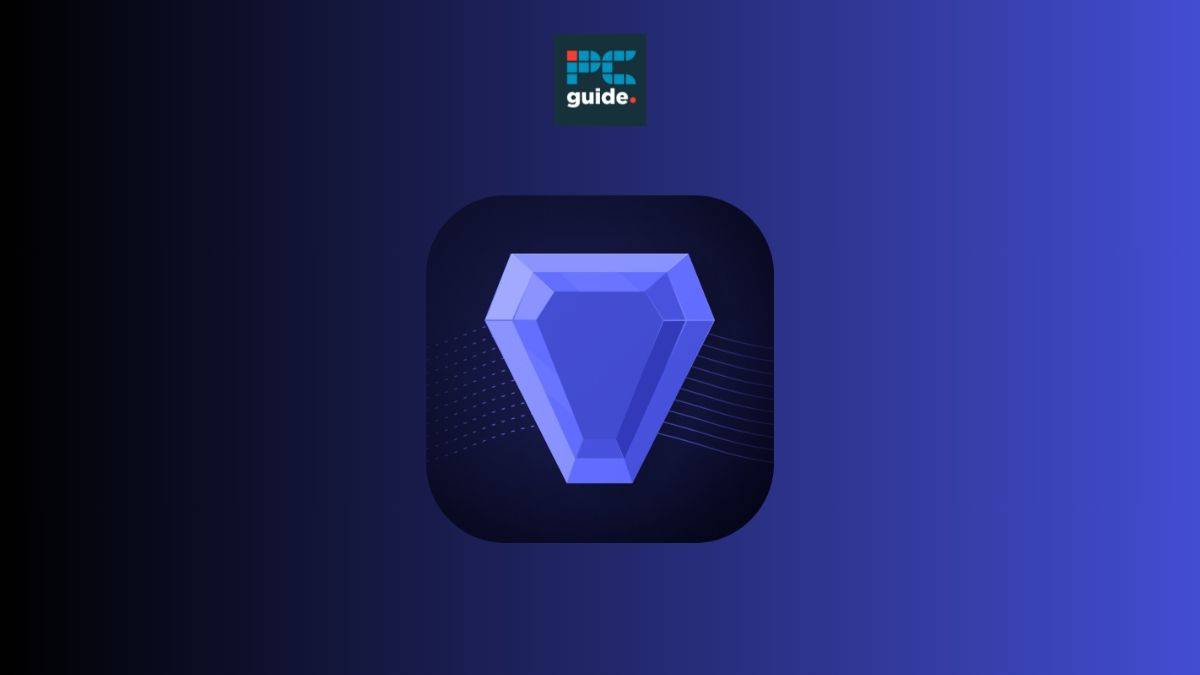As the new wave of AI (Artificial Intelligence) sweeps the global economy, consuming a swathe of jobs in the process, attention turns to the top rung on the executive ladder. Just how high will the water rise? Surprisingly, almost half of all CEOs think AI could and should replace them.
Can AI be a CEO?
In a recent survey by edX, 49% of respondent CEOs agreed that “most” or “all” of the CEO role should be automated by artificial intelligence. The survey, which included 800 non-executive professionals and 800 C-Suite executives (including 500 CEOs) found that 47% of C-Suite execs share this sentiment.
In the same study, 79% of C-Suite executives fear that their own lack of AI skills is a threat, if not the biggest threat, to their personal job security. By comparison, 20% of non-executive knowledge workers believe that “most or “all” of their roles could be automated by AI. This insight contrasts with the figure that C-Suite executives gave when asked what percentage of entry-level roles are likely to be eliminated in the coming years — a sobering 56%.
Let’s first address this question as objectively as possible. Is AI powerful enough to replicate a human? For our purposes, the answer is yes. Natural language processing (NLP) is sufficiently advanced that real-time conversation with an AI chatbot can be indistinguishable from conversation with a human. If by power, we mean information recall – How clever is it? How many facts does it know? – well then we’re in for a rude awakening. The information recall (IR) abilities of AI such as ChatGPT far exceed any human, with internet access elevating the IR of AI to that of Google or Bing search engines.
Essential AI Tools

Content Guardian – AI Content Checker – One-click, Eight Checks

Jasper AI

WordAI

Copy.ai

Writesonic
Multimodality in AI for corporate communication
Is AI multimodal enough to communicate in the same way as a human chief executive? AI can take text inputs, and produce text outputs. In this way, your AI CEO can communicate via Slack or the team comms software of your choice. We aren’t even limited to text prompts, because AI can also handle this process in real-time.
In fact, the same can be said of audio input and output, with AI-generated phone calls becoming more and more common. So convincing are these AI-generated voices that an entirely new breed of scam has been birthed. Audio fidelity, then, is a hurdle we have already vaulted. Today, generative AI audio platforms such as ElevenLabs (not connected to the previous example) can fool most people, most of the time.
The other two modalities of digital media – image and video – still have some way to go. Visual artifacts plague AI-generated images, even now the infamous ‘human hand issue’ has been largely solved. Even human faces are now extremely convincing. The final frontier of AI art is to solve text-in-image generation. Still, today’s technology would suffice for a professional corporate headshot. The only thing your AI CEO would struggle with is a real-time video conference call, from which you could surely tell that your boss ‘doesn’t exist’.
Would you work for an AI CEO?
Is AI discerning enough to replicate an experienced human decision-maker? Sure, AI has access to all the world’s literature, our scientific journals, our art, and history — the collective sum of all human knowledge — but does it have style? Some photos are subjectively better than others, in a way that’s hard enough to explain to a human, let alone a computer.
How do you teach talent? Well, it turns out that you hire humans with ‘good creative opinions’ — people who know what a good photo looks like — and trust them to create a high-quality data set on which to train your AI. As long as your AI generator is trained on ‘good examples’, then the output will also be high quality.
So how do you guarantee that the person hiring the engineers is good at hiring? How do you guarantee that you’re good enough at hiring to hire the hiring manager? Thankfully, the answer is pretty simple. There is no guarantee, but you’ll soon find out based on whether your company succeeds or fails.
Do any companies use artificial intelligence chief executives?
Companies such as Hunna Technology, the UK-based HealthTech startup that has been successfully running with an AI CEO, known as IndigoVX, for over a year now.






